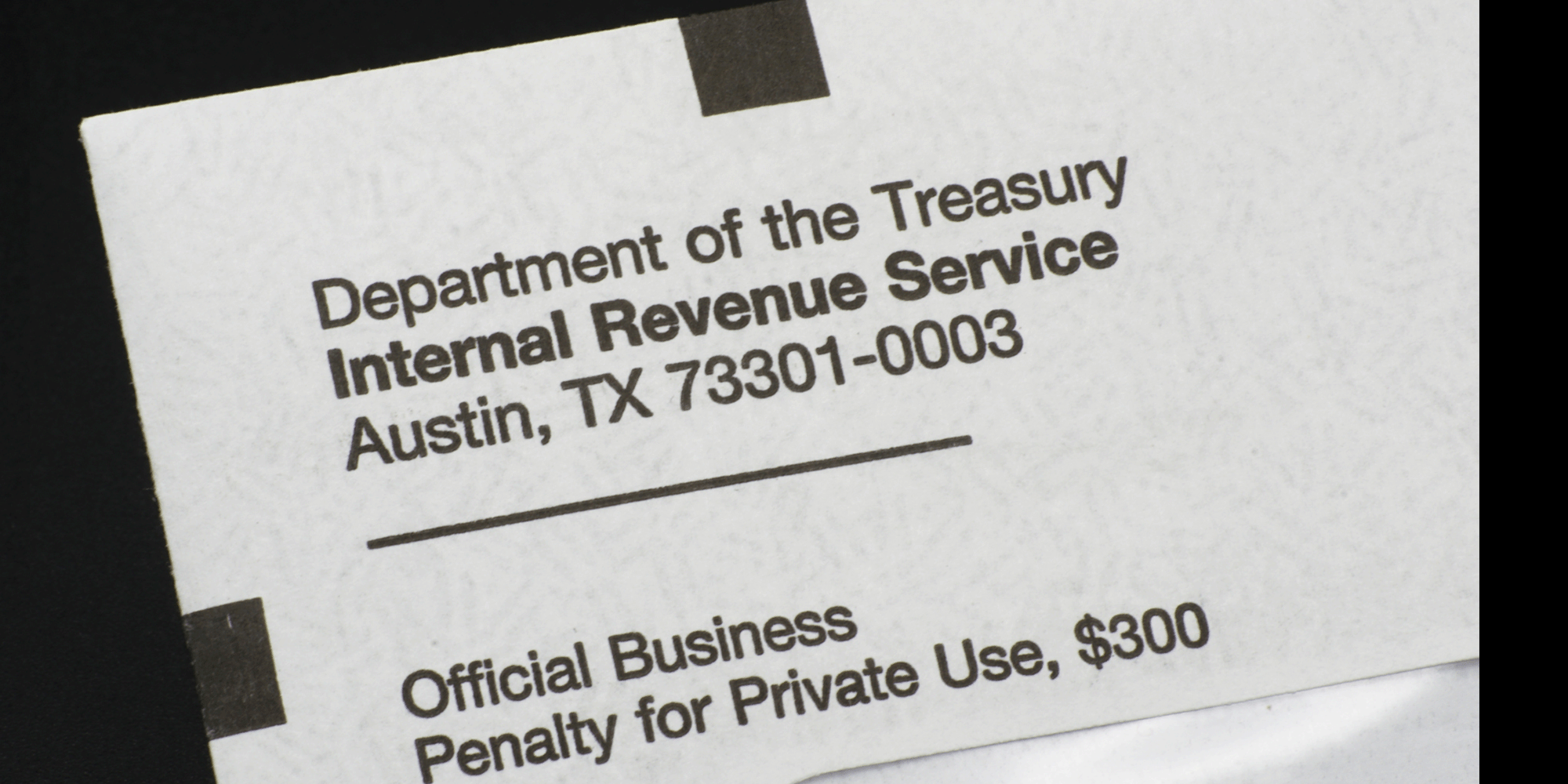Cancellation Of Indebtedness Income: How To Avoid Paying Tax On This
When you have debt that is forgiven or canceled, you may be required to pay taxes on the amount that is forgiven. This can be a huge burden, especially if the amount of debt that is forgiven is large.
When you have debt that is forgiven or canceled, you may be required to pay taxes on the amount that is forgiven. This can be a huge burden, especially if the amount of debt that is forgiven is large.
In today's economy, it is not uncommon for people to owe money to various creditors. When you are unable to pay your debts, the creditor may "cancel" the debt, which results in the Cancellation Of Indebtedness Income (COII).
This can be a great relief to those who are struggling financially, but it can also create some tax headaches. In this blog post, we will discuss how COII is treated for tax purposes and how you can avoid paying taxes on this income.
What is the Cancellation of Indebtedness Income (CODI)?
Cancellation of indebtedness income is, simply put, money that you would have had to pay back to a creditor if they had not canceled or forgiven the debt.
This can come in many forms, such as student loan debt forgiveness, mortgage debt forgiveness, and even credit card debt forgiveness.
In most cases, CODI is taxable income. This means that you will have to pay taxes on the money that was forgiven, just as you would with any other type of income.
There are a few exceptions to this rule, however. If you file for bankruptcy or if your debt is canceled as part of a foreclosure, you will not be required to pay taxes on the forgiven debt.
How is CODI taxed?
The cancellation of indebtedness income is taxed as ordinary income. This means that it will be subject to the same tax rates as your other income.
The amount of tax you will owe will depend on your marginal tax bracket. For example, if you are in the 25% marginal tax bracket, you will owe 25% in taxes on any CODI.
If you are in the highest marginal tax bracket of 39.60%, you will owe almost 40% in taxes on CODI.
As you can see, the amount of taxes you owe on CODI can be significant. This is why it is important to try to avoid having your debt forgiven if at all possible.
There are a few ways to do this. First, you can try to negotiate with your creditors to have the debt restructured instead of forgiven.
This can be difficult, but it may be worth it to avoid paying taxes on the forgiven debt.
Another option is to file for bankruptcy. This will discharge most of your debts, and you will not be required to pay taxes on the forgiven debt.
However, bankruptcy should only be considered as a last resort because it will have a major impact on your credit score.
If you are struggling with debt, it is important to talk to a qualified financial advisor to discuss your options. They can help you decide if bankruptcy is right for you or if there are other options available.
How to Avoid Paying Taxes on CODI?
There are a few ways that you can avoid paying taxes on your canceled debt. The first way is to file for bankruptcy. As we mentioned earlier, if your debt is canceled as part of a bankruptcy proceeding, you will not be required to pay taxes on the forgiven debt.
Another way to avoid paying taxes on CODI is to negotiate with your creditors to have the debt restructured instead of forgiven. This can be a difficult process, but it may be worth it in the long run.
The Potential Benefits Of Claiming CODI
Even though CODI is taxable income, there are a few potential benefits to claiming it on your taxes.
First, if you have a lot of other income, claiming CODI can help you reach a lower marginal tax bracket. This could save you money in the long run.
Another potential benefit is that CODI can be used to offset capital gains.
For example, if you have $50,000 in CODI and $40,000 in capital gains, you would only have to pay taxes on the $40,000 in capital gains.
This can be significant tax savings. However, it is important to talk to a qualified tax advisor to see if this is a good option for you.
Cancellation of indebtedness income can be a significant tax liability.
However, there are a few ways to avoid paying taxes on this income.
If you file for bankruptcy or if your debt is canceled as part of a foreclosure, you will not be required to pay taxes on the forgiven debt.
Another way to avoid paying taxes on CODI is to negotiate with your creditors to have the debt restructured instead of forgiven. This can be a difficult process, but it may be worth it in the long run.
How To Go About Claiming CODI On Your Tax Return
In case you do have CODI, there are a few things you need to know in order to claim it on your tax return.
First, you will need to obtain a Form that will show the amount of debt that was canceled and will be used to calculate your CODI.
Next, you will need to file another form that is used to report capital gains and losses, and it will be used to report your CODI.
You will also need to file Form 8971 with your tax return. This form is used to report information about your inherited property.
Once you have all of the required forms, you will need to calculate your CODI.
To do this, you will subtract any amounts that are exempt from taxation from the total amount of debt that was canceled.
You will then multiply this number by your marginal tax rate.
The result will be your CODI.
It is important to note that CODI is considered taxable income, so you will need to pay taxes on this amount.
If you have a lot of other income, claiming CODI can help you reach a lower marginal tax bracket. This could save you money in the long run.
Another potential benefit is that CODI can be used to offset capital gains.
For example, if you have $50,000 in CODI and $40,000 in capital gains, you would only have to pay taxes on the $40,000 in capital gains.
This can be significant tax savings. However, it is important to talk to a qualified tax advisor to see if this is a good option for you.
We Can Help You With Your Tax Return
When you have CODI, we can help you file your tax return and make sure you are taking advantage of all the deductions and credits you are entitled to.
We can also help you negotiate with your creditors to have the debt restructured instead of forgiven. This can be a difficult process, but it may be worth it in the long run.
Call us today to schedule a free consultation. We would be happy to help you with your tax return and answer any questions you may have.
Give us a call at (678) 641-3193 and let us see how we can help you.
Best regards,
Kenneth Morris, EA
Call me: (678) 641-3193
Posts by Tag
- tax problems (49)
- tax services (41)
- How the IRS Works (40)
- Resolving tax debt (38)
- Offer in Compromise (17)
- Tax News (14)
- 2023 Taxes (12)
- filing deadline (7)
- Tax Relief (6)
- Tax Preparation (5)
- 2020 taxes (4)
- Tax Advice (4)
- Avoiding an Audit (3)
- IRS Final Notice (2)
- Save Money (2)
- Estate Planning (1)
- Prior year returns (1)
Recent Posts
Popular Posts
Where's My Refund?
Just wanted to give you a...
An Offer-in-Compromise (OIC) is an agreement...
IRS IS CRACKING DOWN
The IRS has made it...

